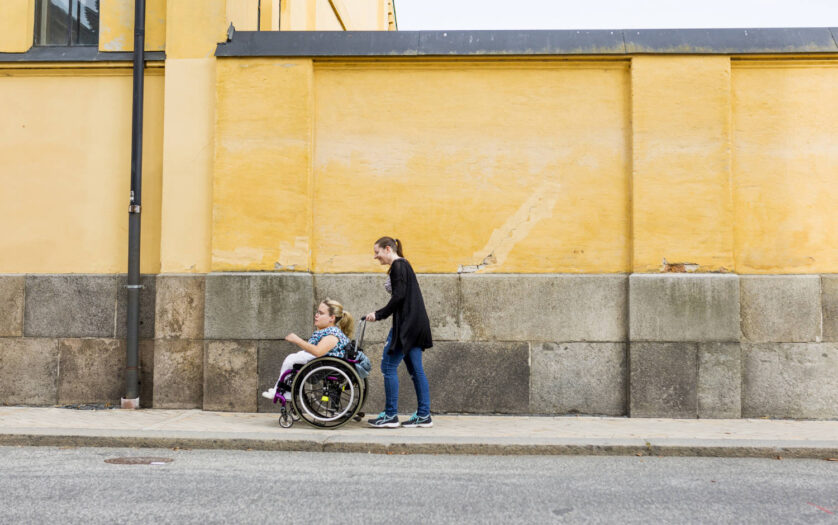
People with disabilities, their families and carers will gain choice and control around flexible funding when improvements to the disability support system are rolled out from early next year.
“The disability community has made it clear they want the freedom to make their own decisions on what supports and services they need,” Minister for Disability Issues Louise Upston says.
“We’ve taken that feedback on board. We know some difficult decisions had to be made in 2024 to limit ongoing acceleration of costs. Since then, we have done more work to make sure disabled people, their families and carers have a system they can trust and is easy to use.
“Last year’s Independent Review found disability support services had unsustainable spending increases, lack of clear criteria for access to flexible funding, and an inequitable and unfair postcode lottery for disabled people around the country.
“Underlying all these were long-standing issues that had not been tackled over time.
“Since then, our Government has made real progress in stabilising services, with this year’s Budget funding $1 billion over four years towards meeting the increasing costs of disability support services, including $240 million for residential care.
“Now we can confirm the next phase, giving disabled people and their families and carers more clarity, certainty and choice.
“My absolute priority is to ensure the disability support system is more consistent, transparent, sustainable and fair.”
The changes announced today will only apply to disability support services and funding allocated by Needs Assessment Service Coordination organisations (NASCs). The changes do not include supports and funding allocated by Enabling Good Lives (EGL) sites, as further consideration would be needed for there to be any changes to the current EGL operating model.
- To ensure the coordination of supports is consistent across the country, there will be a single assessment process and allocation used by all NASCs.
- NASCs will develop personalised support plans.
- Families and carers will be considered as part of the assessment where their needs are relevant to the care of the disabled disability support user.
- The purchasing guidelines, including March 2024 amendments to them, will no longer apply.
- Flexible funding users will have more choice and control but will need to keep their spending within their budget
- People can seek a reassessment if their circumstances have changed, but otherwise will not receive more funding if they use up their budget early.
“The improvements have been informed by what more than 1,800 disabled people, their families and carers told DSS they wanted in nationwide community consultation this year,” Louise Upston says.
“We know about 38,500 people already use flexible funding, with more than 90 per cent of them accessing it through a NASC.
“While it will take time to implement the new system, these changes are significant for disabled people, families and carers.
“They build on improvements already made to stabilise the disability support system while longer-term work is done to strengthen it to reflect the Enabling Good Lives vision and principles,” Louise Upston says.
For more information, visit www.disabilitysupport.govt.nz.








